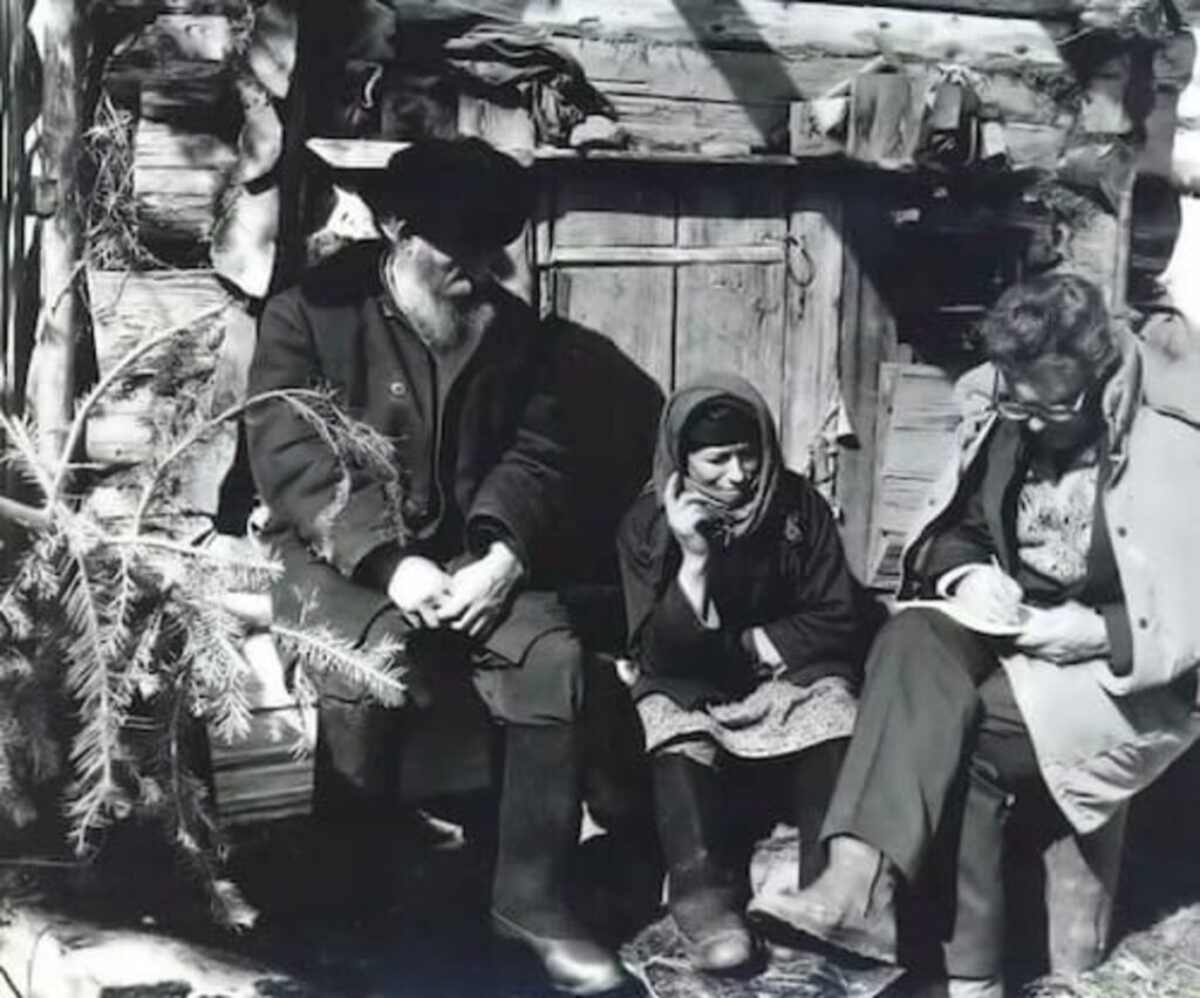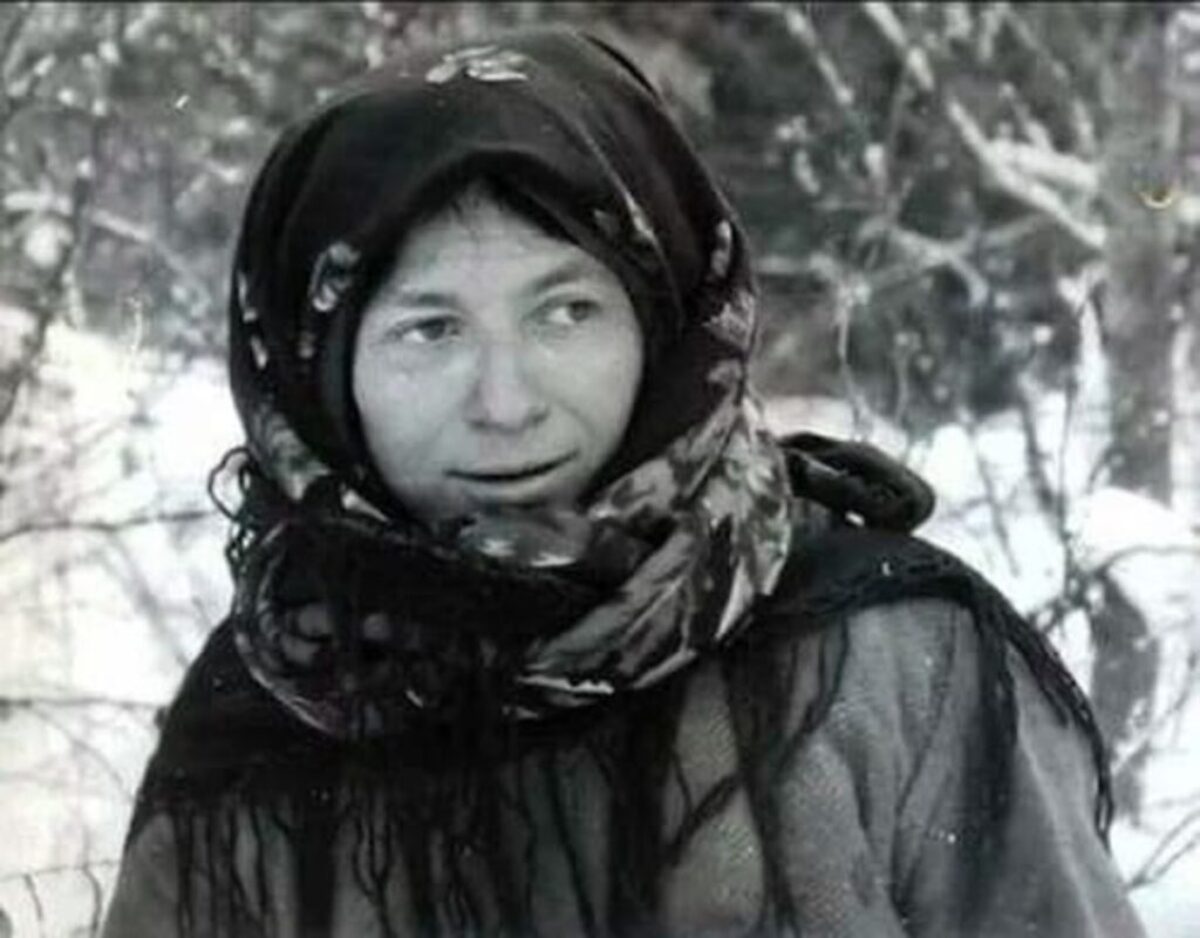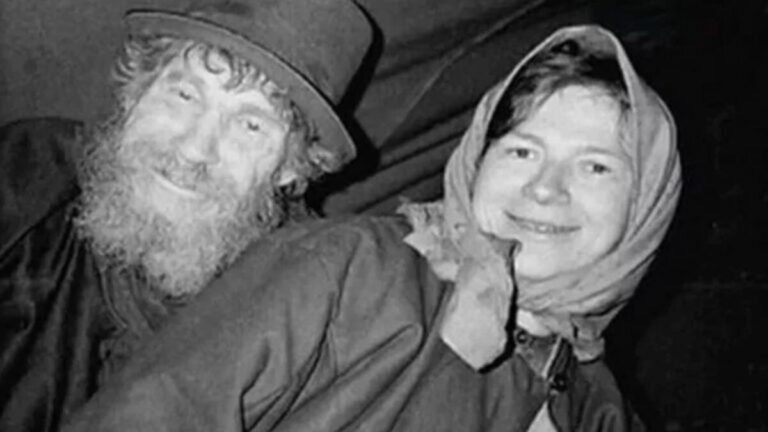In today’s hyper-connected world, the tale of the Lykov family, who lived in seclusion for four decades, seems almost like folklore from a bygone era. Yet, their life is a profound narrative of survival and simplicity, casting a sharp contrast to our modern lifestyles.
The Lykov Family: Life Beyond Civilization
Imagine living so far removed from society that the last time you saw other people was when the map of the world looked distinctly different. That was the reality for the Lykov family, who dwelled deep within Siberia’s dense forests, undiscovered for 40 years until a team of Soviet geologists accidentally found them in the 1970s. Karp Lykov, along with his wife Akulina, had originally fled there in the mid-1930s, escaping persecution after Karp’s brother was killed by Soviet soldiers.
Their home was not just a place of refuge but a snapshot of life frozen in time, a sort of time capsule, undisturbed by the rapid advancements happening beyond their woodland confines.
Survival and Simplicity: The Lykov Legacy

Living off the grid, the Lykovs sustained themselves with what the forest offered. Their clothing was made from hemp and tree bark, stitched together over years of wear and tear. Their diet was meager, often teetering on the brink of famine, yet they managed through sheer resilience and an intimate knowledge of their natural surroundings.
Their isolation was so complete that the Lykov children, including two born in the wilderness, Dmitry and Agafia, grew up without any knowledge of significant historical events such as World War II. Their universe was the forest, and their history was the stories passed down from their parents.
The Collision of Worlds: The Discovery of the Lykov Family

When discovered, the Lykovs became a sensational story, embodying a living experiment in isolation few could fathom. However, despite their sudden thrust into the limelight, they chose to continue their secluded life. This decision, while respecting their desire for privacy, had tragic consequences. Most of the family members passed away within a few years following their discovery, except for Karp, who lived until 1988, and his daughter Agafia, who remains in the Taiga.
The Sole Survivor: Agafia’s Continuation of a Hermit Life
Today, Agafia Lykov continues to live in the Siberian forest, albeit in slightly improved living conditions. Her life stands as a poignant reminder of her family’s incredible journey of faith and survival. While she has occasional contact with the outside world, her existence challenges the conventional understanding of what one needs to live a fulfilled life.
The Lykov family’s extraordinary story invites us to reflect on our own lives and the complexities we navigate. What is truly essential for our survival? And what do we hold onto simply because we’ve grown accustomed to its presence? In a society that prizes connectivity, the Lykovs’ story provides a dramatic counterpoint, reminding us of the vast spectrum of human experience and resilience.






